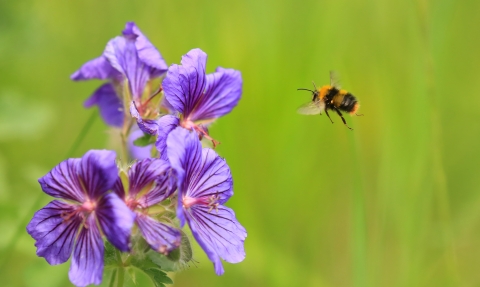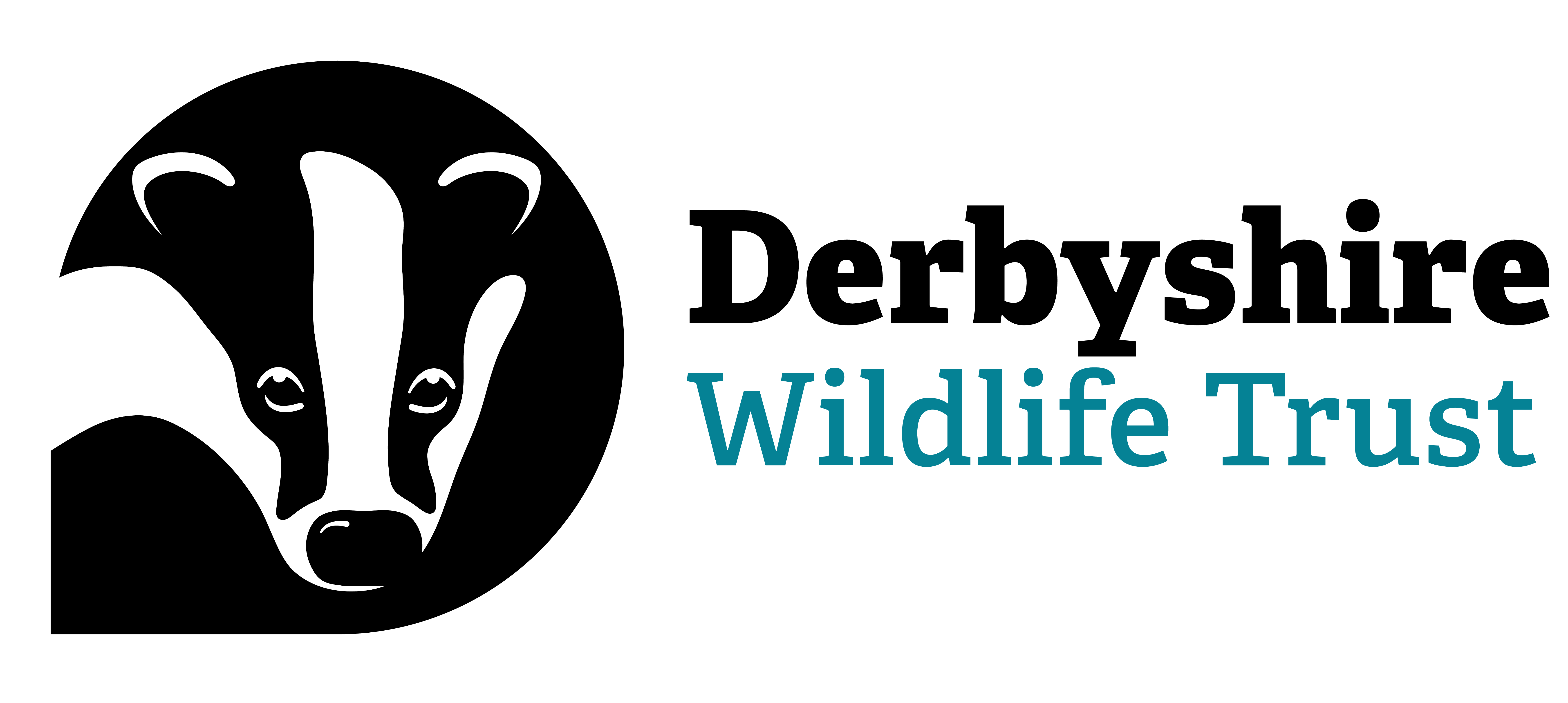
Early bumblebee, Jon Hawkins, Surrey Hills Photography
Our pollinators are under threat
With two species of bee already lost to us, we need to act
Bees, butterflies, hoverflies and moths play a crucial role in the environment, sustaining biodiversity by pollinating a wide range of crops and wild plants. They contribute to human wealth and wellbeing directly through the production of honey and other food and feed supplies such as wax for food processing, propolis (a resinous substance used to seal holes in the hive) in food technology and royal jelly as a dietary supplement and ingredient in food.
Let us tell you more...
The Food and Agriculture Organization (FAO) of the United Nations estimates that of the 100 crop species that provide 90% of food worldwide, 71 are pollinated by bees. The majority of crops grown in the European Union depend on insect pollination.
Beyond the essential value of pollinators to maintaining biodiversity, the global annual monetary value of pollination has been estimated at hundreds of billions of euros.
Our pollinators are facing a number of threats. Among these are habitat loss, viruses, attacks by pathogens and invasive species such as the Varroa mite. Among the threats is the use of a group of chemical pesticides known as neonicotinoids. These are frequently used as a seed treatment and remain in the plants, travelling into the nectar and pollen where they are consumed by bees and other invertebrates such as hoverflies and beetles. Last year several studies implicated the use of neonicotinoids in the decline of bees. Research has found that exposure to neonicotinoids may disrupt bees’ ability to gather pollen, return to their hives and reproduce.
The UK Government’s National Pollinator Action Plan has recently been published. However this action plan will only be as effective as local action taken on the ground combined with strong national action on Neonicotonoid pesticide use which is still being used in parts of the UK.
Friends of the Earth have organised a high profile national Bee Summit in London and are encouraging other organisations to hold bee summits across the country to bring businesses, organisations and people together to discuss how collectively we can work in partnership to create an action plan for bees and pollinating insects in Derbyshire.
You can find out more about neonicotinoids by visiting Buglife’s website.
